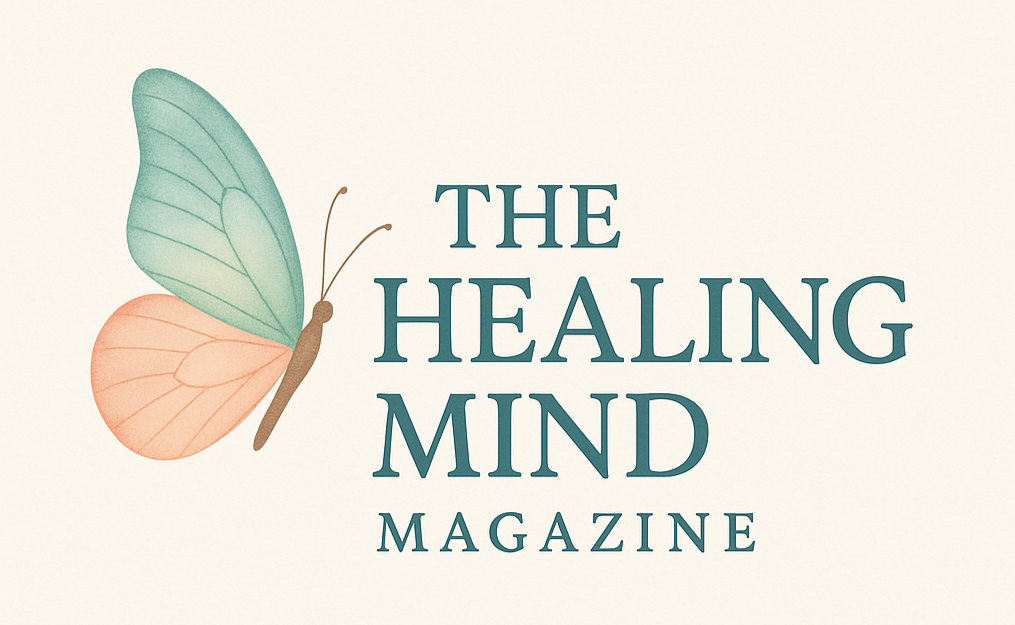Deflecting Blame
“Taking responsibility for your behavior is not about blame — it’s about growth.”
Blame is one of the most common ways we protect our egos. When something goes wrong, when we lash out, make a mistake, or cause harm, our first instinct might be to point outward: “If they hadn’t said that… If the situation were different… If I weren’t under pressure…” This is the language of deflection — and it keeps us emotionally stuck.
Deflecting blame isn’t about telling lies. It’s about telling ourselves partial truths. Yes, circumstances may be difficult. Yes, someone else may have contributed to the problem. But when we habitually place the responsibility on others for how we act, we rob ourselves of the power to grow and change.
Blame is seductive. It soothes shame and discomfort in the short term. But long-term, it fractures relationships, weakens trust, and leaves us emotionally immature. The more we deflect, the less we reflect.
Emotional responsibility means owning your reactions, your words, your tone — even when you’re provoked. Especially when you’re provoked. It doesn’t mean you take the fall for everything. It means you ask, “What part did I play in this, and what can I learn from it?”
When we stop deflecting and start reflecting, we gain clarity. We understand ourselves better. We apologize more sincerely. And we begin to operate from a place of personal integrity rather than emotional defense.
Blame keeps us in the past. Responsibility moves us forward. The choice isn’t about guilt — it’s about whether we want to keep repeating the same patterns, or break them.
And it starts with a simple truth: You can’t control everything — but you are responsible for how you show up.

Ryan P – Life Purpose Author







